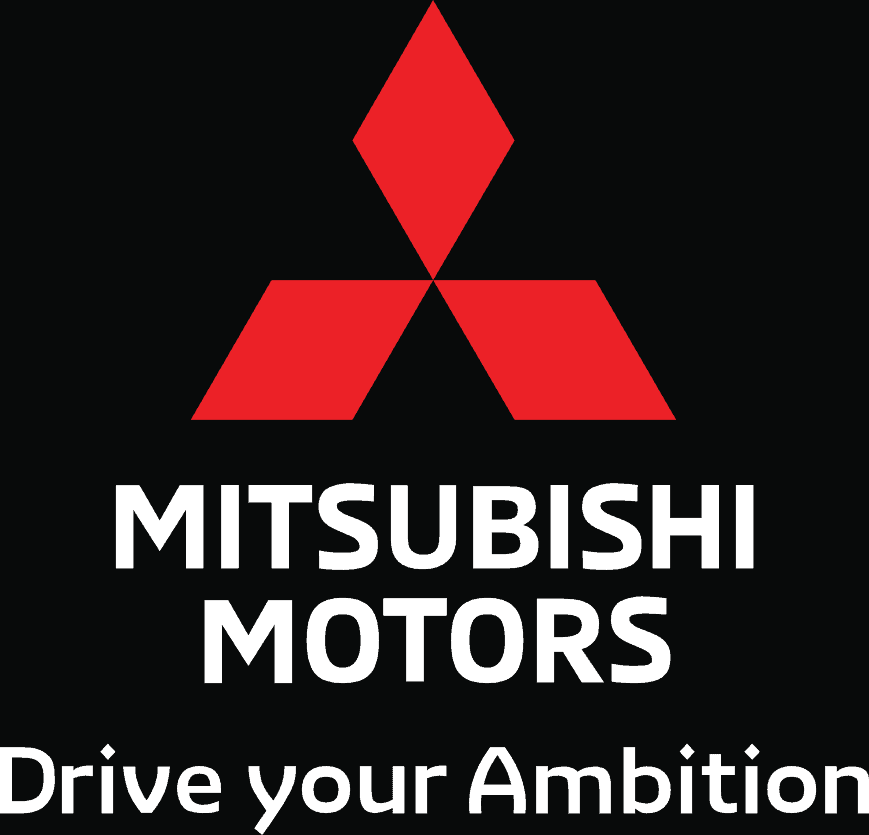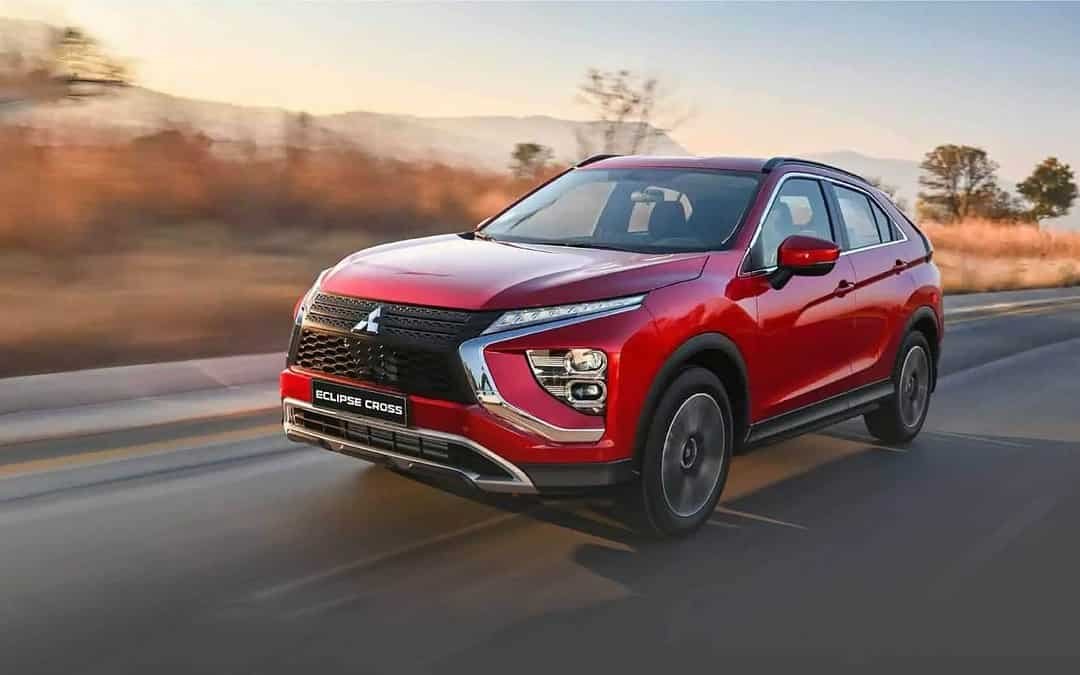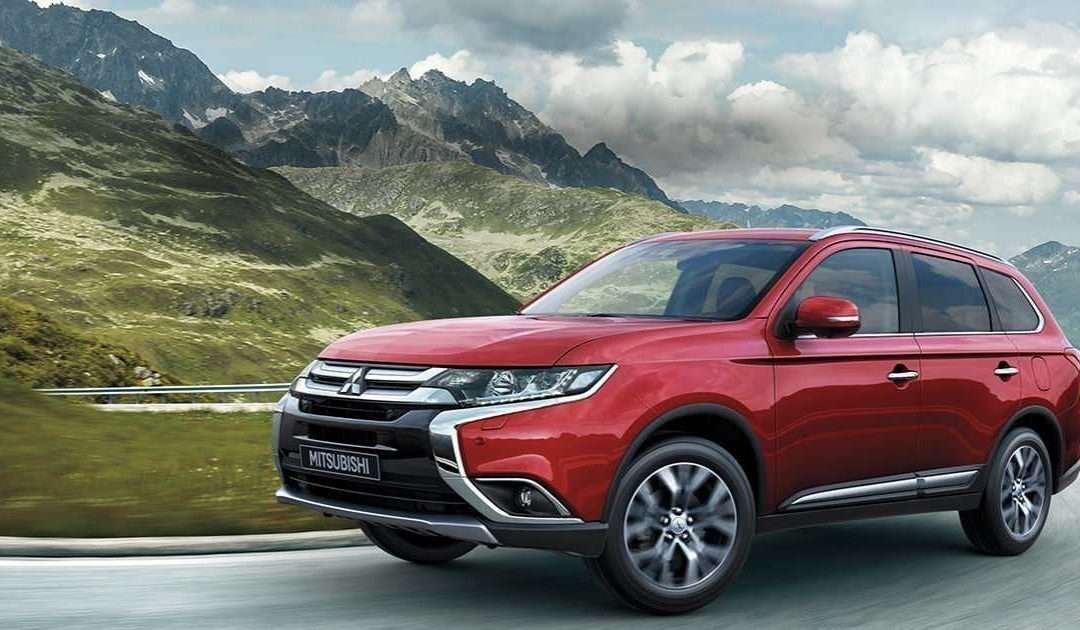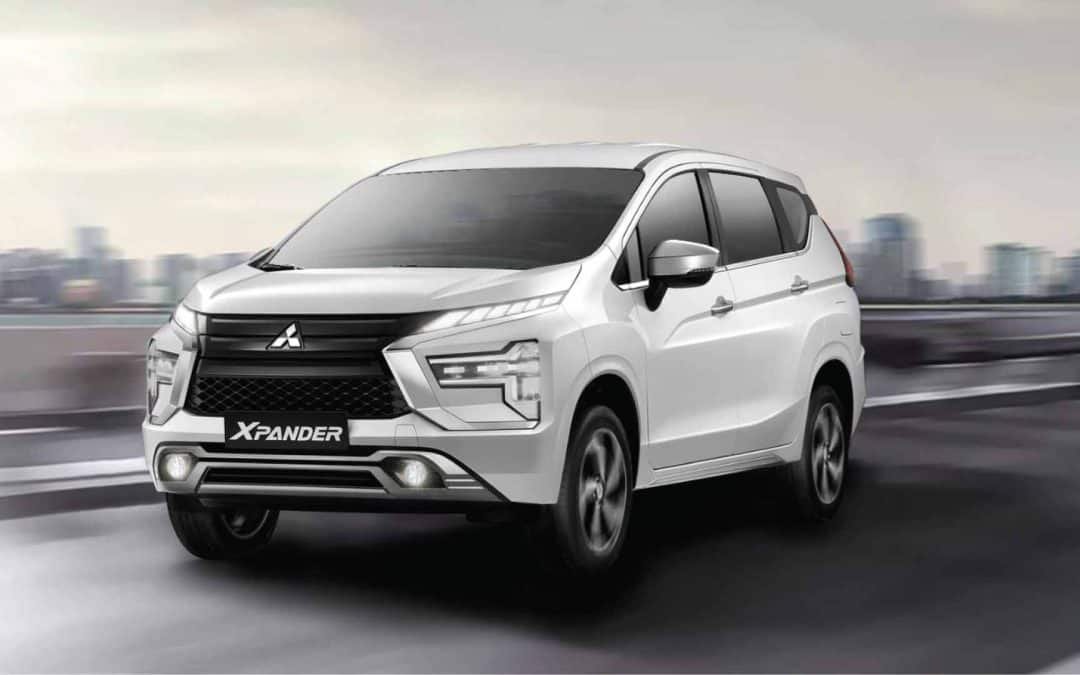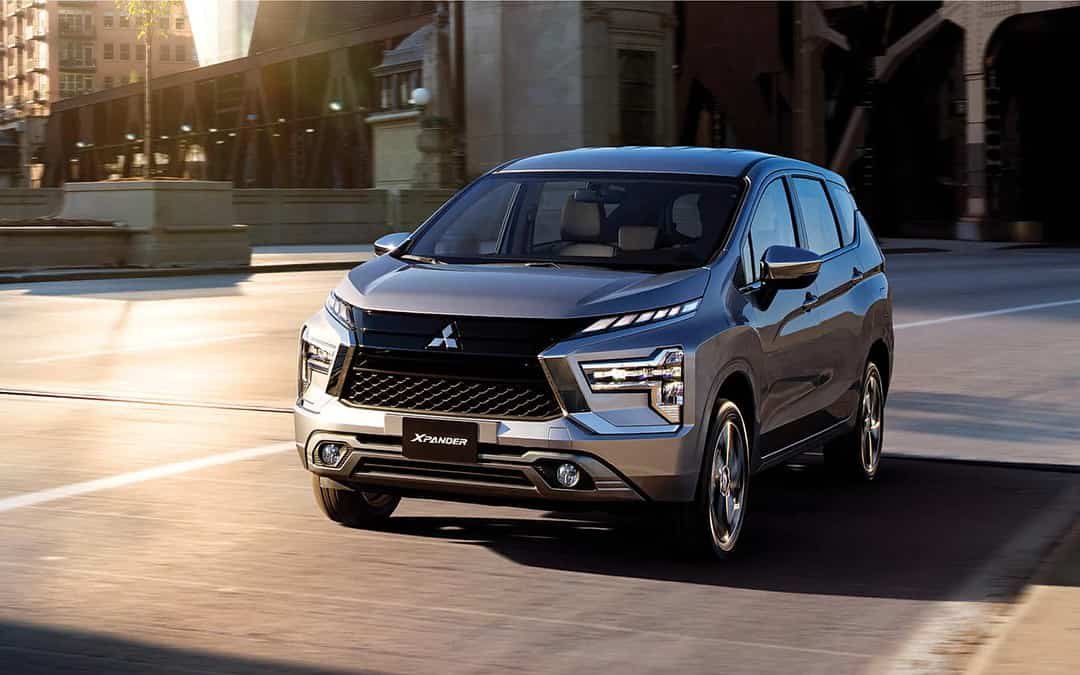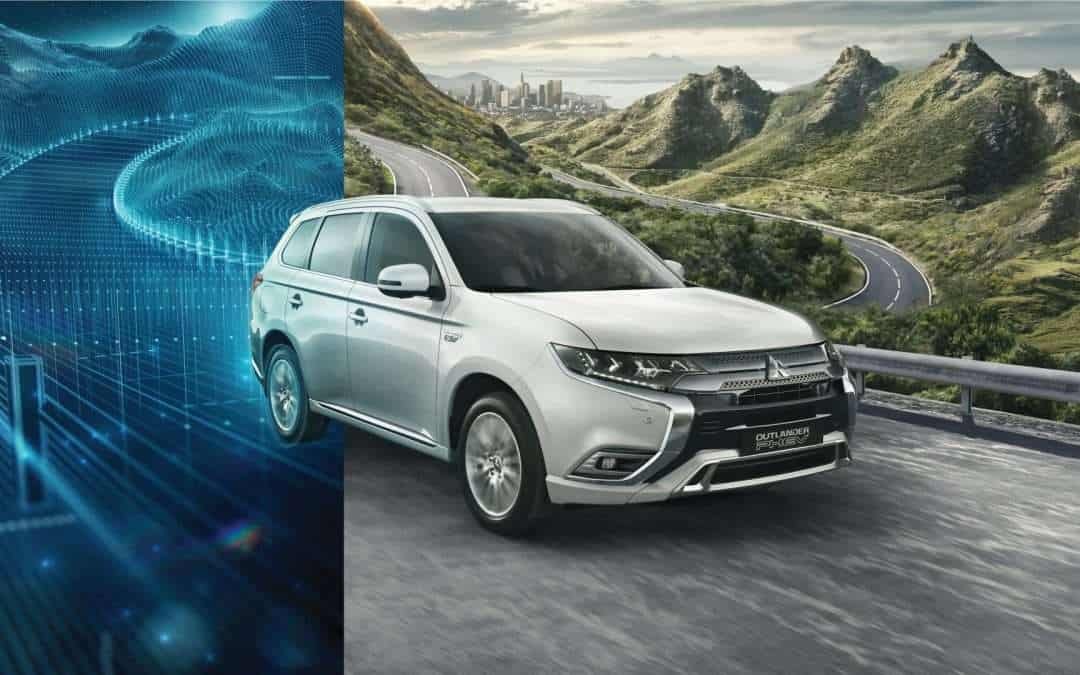Hybrid cars are revolutionizing the automotive industry, offering a more sustainable and environmentally friendly alternative to traditional gasoline-powered vehicles. In countries like Bangladesh, where air pollution and congestion are major issues, the adoption of hybrid cars has the potential to make a significant impact on improving the overall environmental quality. This article delves into the specific ways in which Mitsubishi hybrid cars are impacting Bangladesh’s environment, from reducing emissions to conserving natural resources. Through an analysis of key data and trends, we aim to provide a comprehensive understanding of how these innovative vehicles are shaping the future of transportation in this rapidly developing nation.
Decrease in Air Pollution Levels by Mitsubishi Hybrid Cars
- Hybrid cars have a direct impact on reducing air pollution levels in Bangladesh.
- By using electric motors alongside traditional engines, Mitsubishi hybrid cars produce fewer harmful emissions compared to conventional vehicles.
- This helps improve air quality and reduces the amount of pollutants released into the atmosphere.
Mitsubishi Hybrid cars also consume less fuel overall, which means there is less reliance on fossil fuels that contribute to air pollution. The combination of these factors results in a noticeable decrease in air pollution levels across the country. As more people switch to hybrid cars, we can expect further improvements in air quality and ultimately create a healthier environment for all Bangladeshis.

Brand new outlander phev mitsubishi bangladesh
Mitsubishi Hybrid Cars helps to Reduce Greenhouse Gas Emissions
- Hybrid cars are significantly reducing greenhouse gas emissions in Bangladesh, contributing to a cleaner and healthier environment.
- Unlike traditional vehicles that rely solely on combustion engines, Mitsubishi hybrid cars use a combination of electric motors and gasoline engines, resulting in lower fuel consumption and reduced emissions.
- By switching to Mitsubishi hybrid cars, Bangladeshi drivers are playing a crucial role in mitigating the effects of climate change and improving air quality across the country.
Overall, the introduction of hybrid cars is helping Bangladesh move towards a more sustainable future by curbing harmful greenhouse gas emissions.
Improving Air Quality in Urban Areas by Mitsubishi Hybrid Cars
- Hybrid cars produce lower levels of harmful emissions compared to traditional gasoline-powered vehicles.
- By promoting the use of Mitsubishi hybrid cars in urban areas, Bangladesh can significantly reduce air pollution.
- The implementation of more stringent emission standards for vehicles can further improve air quality.
Switching to Mitsubishi hybrid cars is a practical solution that not only benefits the environment but also improves public health. By reducing pollutants such as carbon monoxide and particulate matter, hybrid cars contribute to cleaner air in cities. With continued efforts to increase the adoption of hybrid technology, Bangladesh can pave the way for a greener and healthier future.
Conservation of Natural Resources
- Hybrid cars help conserve natural resources by using both gasoline and electric power, reducing the overall fuel consumption compared to traditional gas-powered vehicles.
- By relying less on fossil fuels, Mitsubishi hybrid cars contribute to a decrease in air pollution and greenhouse gas emissions, which helps protect the environment and public health.
- The implementation of Mitsubishi hybrid cars in Bangladesh can lead to a significant reduction in oil imports, thus conserving valuable resources and promoting sustainability in transportation.
In conclusion, the adoption of Mitsubishi hybrid cars is crucial for the conservation of natural resources in Bangladesh. By embracing this eco-friendly technology, the country can take significant steps towards creating a cleaner and healthier environment for present and future generations. It is essential for policymakers and consumers alike to prioritize sustainable practices like driving hybrid vehicles to mitigate environmental degradation caused by excessive reliance on fossil fuels.
Impact on Noise Pollution by Mitsubishi Hybrid Cars
Decrease in Noise Pollution
Hybrid cars significantly reduce noise pollution in urban areas due to their quieter engines. This is beneficial for residents living in crowded cities like Dhaka, where noise pollution from traditional vehicles can reach harmful levels. As Mitsubishi hybrid cars operate on electric power at lower speeds, they produce minimal noise compared to gasoline-powered vehicles. This reduction in engine noise helps create a more peaceful and healthier environment for all individuals residing or working in these bustling city centers.
Improved Quality of Life
The decrease in noise pollution resulting from the increased use of Mitsubishi hybrid cars can have positive effects on the overall quality of life in Bangladesh. Lower levels of traffic-related noise contribute to less stress and better mental well-being among residents. Additionally, reduced exposure to loud vehicle sounds can improve sleep patterns and concentration levels, leading to enhanced productivity at work or school. By embracing hybrid technology as a solution to combat noise pollution, Bangladesh has the opportunity to enhance its citizens’ quality of life while also protecting the environment for future generations.
Promoting Sustainable Transport Solutions
Incorporating Mitsubishi hybrid cars into the transportation network promotes sustainable practices that benefit both public health and environmental conservation efforts. The shift towards cleaner and quieter vehicles aligns with global initiatives aimed at reducing carbon emissions and combating climate change. By choosing hybrids over conventional petrol or diesel vehicles, Bangladesh takes a significant step towards creating a more sustainable transport system that prioritizes not only efficiency but also sound management of resources and protection against harmful pollutants like excessive noise emissions.
Mitsubishi Hybrid Cars: Contribution to Climate Change Mitigation
Hybrid cars play a crucial role in reducing greenhouse gas emissions. By utilizing a combination of electric motors and gasoline engines, these vehicles emit significantly fewer harmful pollutants into the atmosphere compared to traditional gasoline-powered cars. This reduction in emissions helps combat global warming and its adverse effects on the environment.
- Mitsubishi Hybrid cars promote energy efficiency by using regenerative braking systems that capture energy typically lost during braking.
- The use of Mitsubishi hybrid vehicles in Bangladesh helps decrease the country’s carbon footprint and contributes to meeting international climate change goals. Overall, Mitsubishi hybrid cars serve as an important tool in mitigating climate change by reducing carbon dioxide emissions and promoting sustainability in transportation.
Mitsubishi Hybrid Cars Contributes to Energy Efficiency and Sustainability
Mitsubishi Hybrid cars are a game-changer for Bangladesh’s environment, offering increased energy efficiency and sustainability compared to traditional vehicles. By combining the power of an internal combustion engine with an electric motor, hybrid cars reduce fuel consumption and greenhouse gas emissions significantly.
- Reduced Carbon Footprint: Mitsubishi Hybrid cars produce fewer harmful emissions, helping to improve air quality in congested cities like Dhaka.
- Resource Conservation: The use of both gasoline and electricity in hybrid vehicles maximizes energy efficiency and reduces reliance on fossil fuels.
In a country where pollution levels are alarmingly high, the shift towards hybrid cars presents a promising solution for a cleaner, greener future.
Mitsubishi Hybrid Cars Role in Reducing Dependence on Fossil Fuels
- Mitsubishi Hybrid cars play a crucial role in reducing Bangladesh’s dependence on fossil fuels.
- By integrating electric power with traditional gasoline engines, these vehicles are more fuel-efficient and produce lower emissions.
- This shift towards hybrid technology helps to decrease the country’s reliance on imported oil and promotes sustainable energy sources.
The adoption of Mitsubishi hybrid cars in Bangladesh is not only beneficial for the environment but also contributes to the nation’s energy security. This transition aligns with global efforts to combat climate change by reducing greenhouse gas emissions. As more hybrid cars hit the roads in Bangladesh, it sets a positive example for other countries looking to reduce their carbon footprint and promote cleaner transportation options.
Economic Benefits of Mitsubishi Hybrid Cars
- Fuel Efficiency: Mitsubishi Hybrid cars use both gasoline and electricity, resulting in better fuel efficiency compared to traditional gas-powered vehicles. This means lower fuel costs for drivers in Bangladesh, helping them save money on their daily commutes.
- Job Creation: The rise in popularity of Mitsubishi hybrid cars in Bangladesh has led to an increase in demand for skilled workers to assemble and maintain these vehicles. This creates job opportunities and stimulates economic growth within the automotive industry while also promoting sustainable practices.
Promotion of Sustainable Transportation by Mitsubishi Hybrid Cars
- Mitsubishi Hybrid cars play a significant role in promoting sustainable transportation in Bangladesh.
- By using a combination of gasoline and electric power, these vehicles help reduce greenhouse gas emissions.
- Encouraging the use of Mitsubishi hybrid cars can lead to improved air quality and reduced pollution levels in urban areas.
Benefits for the Environment
- With their more fuel-efficient engines, hybrid cars consume less gasoline compared to traditional vehicles.
- This results in lower carbon dioxide emissions, which contribute to global warming and climate change.
- By choosing Mitsubishi hybrid cars over conventional ones, individuals can make a positive impact on the environment while still enjoying the convenience of personal transportation.
Influence on Public Health
- Reduced Air Pollution: The introduction of hybrid cars in Bangladesh has led to a significant decrease in air pollution levels. As these vehicles produce lower emissions compared to traditional gas-powered cars, the overall air quality has improved. This is particularly beneficial for public health as it reduces the risk of respiratory diseases and other health issues caused by breathing in polluted air.
- Improved Respiratory Health: With fewer harmful emissions released into the atmosphere, individuals living in densely populated areas, such as Dhaka, experience better respiratory health. The reduced levels of pollutants like carbon monoxide and nitrogen oxides contribute to decreased rates of asthma, bronchitis, and other respiratory illnesses among the population. This positive impact on public health underscores the importance of transitioning towards more eco-friendly transportation options like hybrid cars.
- Promotion of Sustainable Living: By choosing Mitsubishi hybrid cars over conventional vehicles, Bangladeshi citizens can actively contribute to a healthier environment for themselves and future generations. The shift towards sustainable transportation not only benefits public health but also raises awareness about the interconnectedness between environmental conservation and human well-being. Through this collective effort, Bangladesh is moving towards a cleaner and greener future that prioritizes both ecological sustainability and public health concerns.
Future Outlook of Mitsubishi Hybrid Cars and Potential for Growth
- With the increasing awareness of environmental issues in Bangladesh, the future outlook for hybrid cars is promising.
- As technology continues to advance, we can expect to see more affordable and efficient hybrid vehicles being introduced in Bangladesh.
Challenges Ahead
- Despite the potential for growth, there are still challenges that need to be addressed.
- Infrastructure development, such as charging stations for electric vehicles, will be crucial for widespread adoption of hybrids.
- Additionally, consumer education and incentives may be necessary to encourage more people to make the switch to hybrid cars.
In conclusion, while there are obstacles to overcome, the future of hybrid cars in Bangladesh looks bright as efforts towards a cleaner environment gain momentum.
